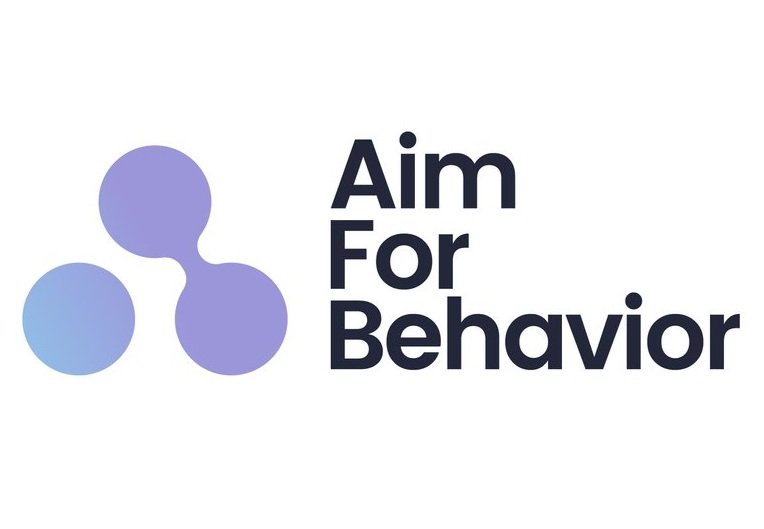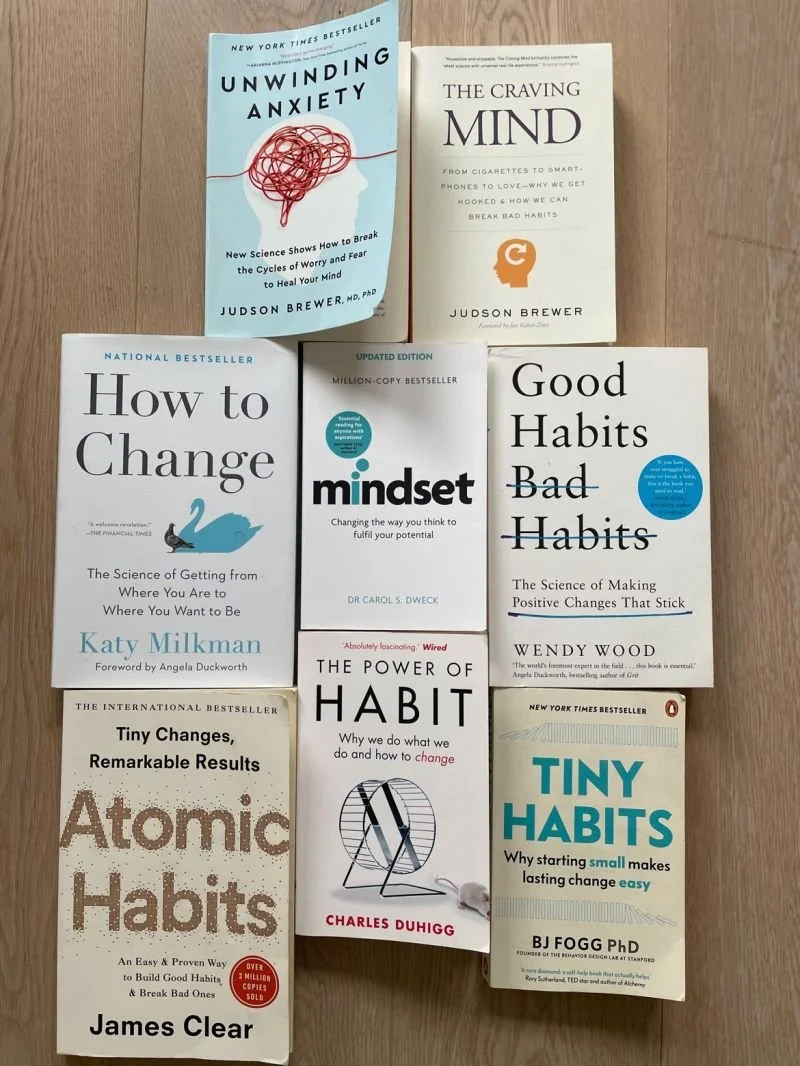What most people think are habits are most probably routines.
What most people think are habits (and that includes all the lists of "use these 9 habits to become a millionaire") are most probably routines.
We have to understand that building habits can be challenging, particularly when they don't offer immediate rewards to the brain, and also when so many other things in the environment are competing for our attention.
That's why it is important to read up on Habits, and understand them, but to also understand the strategies we have to change behavior.
Nir Eyal wrote a really nice article on this where he states a few things: (he is the author of both Hooked and Indistractable)
-"When people say they want something to become a “habit” they mean they want it to be effortless. Wouldn’t it be great, the thinking goes, if we could do unfun tasks like exercising, eating healthy, or writing daily, on autopilot? Unfortunately, we can’t.
-To change a behavior you need to understand the difference between a habit and a routine. Otherwise, it’s like using the blunt end of a screwdriver to bash in a nail.
-Knowing when to use the right tool for the job can prevent frustration and help you accomplish your goals.
-A habit is an impulse to do a behavior with little or no conscious thought. Not doing a habit feels uncomfortable, like not washing your hands after using the toilet or not flossing your teeth before bed.
-A routine is a behavior frequently repeated. Unlike a habit, skipping a routine doesn’t feel bad and without proper forethought, can be easily skipped or forgotten.
-Some routines can become habits but only if it’s a behavior that can be done with little conscious thought.
-Trying to turn a behavior that requires a lot of effort (like writing or breaking a physical fitness record) into a habit will backfire if you expect it to become effortless.
-Forming a habit requires first sticking to a routine. To do that, make time in your schedule, expect and learn to cope with discomfort, and find ways to pre-commit to the task".
There are many tools and behavior change techniques that can help us with better decision-making, think about goal setting, action planning, commitment devices, etc...
Also, think about the stages for when rewards make sense and how you will deal with failure and recovery.
If you want to learn about habits, here is a great list to start with:
The books:
1. The Craving Mind and Unwinding Anxiety Jud Brewer, MD, PhD
2. How to Change by Katy Milkman
3. Atomic Habits James Clear
4. Good Habits Bad Habits Wendy Wood
5. The Power of Habit Charles Duhigg
6. Tiny Habits BJ Fogg, PhD
7. Mindset by Carol Dweck (not about habits, but also great)
If you are curious about the books I read - see my book list (no affiliate links)
Robert

